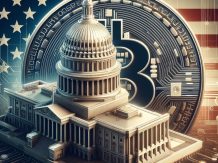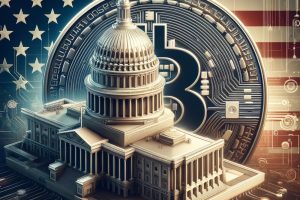Ripple plans to hire 80% of its new employees outside the United States this year. According to Brad Garlinghouse, CEO of the blockchain payments company, the decision to seek overseas talents was due to the lack of regulatory clarity in the US.
Ripple Seeks Overseas Talent
“You see markets like we have here in Singapore, certainly even what we’re seeing in Hong Kong, the UK, Dubai, where the governments are partnering with the industry, and you’re seeing leadership, providing clear rules, and you’re seeing growth. And frankly, that’s why Ripple is hiring there,” Garlinghouse said in an interview with Bloomberg.
The United States Securities and Exchange Commission (SEC), under the leadership of Gary Gensler, has been heavily cracking down on the crypto industry following high-profile bankruptcies last year. While the SEC has repeatedly said most cryptocurrencies are securities and should fall under its purview, Congress is yet to create legislation to clarify the status of crypto.
Ripple Vs. SEC
Due to this lack of clarity, Ripple has been embroiled in a legal dispute with the SEC since 2020. At the time, the securities watchdog filed a lawsuit alleging that the company illegally sold unregistered securities in the form of XRP tokens.
Although Ripple scored a partial win in July after US District Judge Analisa Torres ruled that XRP is not a security when sold to retail investors on public exchanges, the SEC is still pursuing the case. According to Garlinghouse, Ripple has spent roughly $100 million in legal fees related to the SEC suit.
“Confusion masquerades as power to the SEC, the more confusion the more power they feel they have because they’re just going to keep filing lawsuits,” Garlinghouse said.
In June, the SEC also filed a lawsuit against Binance and CEO Changpeng Zhao (CZ) for allegedly offering unregistered securities to US investors. Binance denied the allegations.










